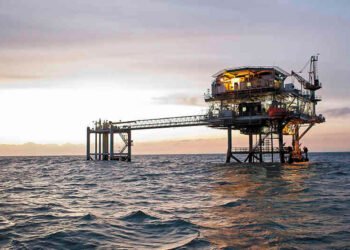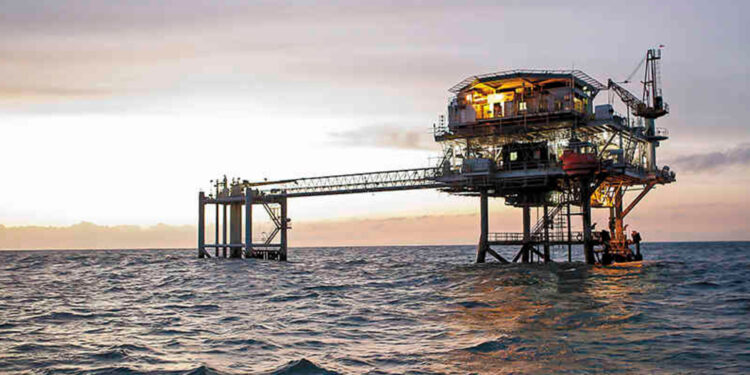Nigeria will require $833 billion to transition to net zero and contribute its quota towards staving off the worst of climate change, according to a study by Standard Chartered.
Nigeria, which is Africa’s largest oil producer has committed to achieving net-zero carbon emissions by 2060. However, the President, Muhammudu Buhari has underlined the importance of gas as a transition fuel and called for financial assistance for Nigeria to achieve the target.
“Like the UAE, Nigeria needs to quickly transition to avoid becoming stranded as the world moves away from oil. At COP26, the president urged international leaders to help fund renewable energy and gas projects in Africa.”
Report
Situated in this context, emerging economies would need around $94.8 trillion— a sum greater than annual global GDP if they are to meet climate goals without upsetting citizens’ cost of living.
That said, developed economies’ have the most in cutting down their carbon emissions in order to transition to a lower carbon economy. But, in doing so, they must also filter additional funding to less wealthy countries that need this support to grow, prosper and meet their own targets.

Bridget Jackson, Chief Sustainability Officer, PwC, said:
“Emerging markets are bearing the brunt of climate change that has largely been caused by developed countries. They cannot be expected to carry the weight of transition.
“The impact associated with inaction is becoming clearer every day, and the industrialized economies must now sit up. This is not about them ‘saving the day’. Rather, it is about embracing global opportunities and mitigating global risks that impact everyone everywhere.”
Bridget Jackson
Private Sector Investment Opportunity
Succeeding in reaching this massive investment target, the report titled ‘Just in Time’, notes that collaboration between the private and public sector is also key. Standard Chartered has identified a private-sector investment opportunity of $83 trillion between now and 2060.
The report highlights that this help to emerging markets from developed economies could be in the form of loans and grants to aid in the transition. But also there is a window of opportunity for private investors to help drive a just transition, by moving assets from developed to emerging markets with the help of the right policies and regulations.
Bill Winters, Group Chief Executive, Standard chartered said: “Our report shows that without help, emerging market populations could be US$79.2 trillion poorer by 2060- the date by which some key markets seek to achieve net zero.”
Banks and Financial institutions have a key role to play in developing and scaling the structures that will channel the trillions required for the net-zero transition in emerging markets. To this end, Standard Chartered pledged to mobilise $300 billion in green and transition financing, he said.
“Overall, I remain confident in our collective ability to deliver a Just Transition to net-zero. I know that it will be difficult; we will all need to act with much greater urgency and relentlessly work through the difficult issues together. But then again, given the stakes involved, why wouldn’t we?”
Bill Winters
READ ALSO: I Think the President Goofed Big Time- Wassa East MP




















